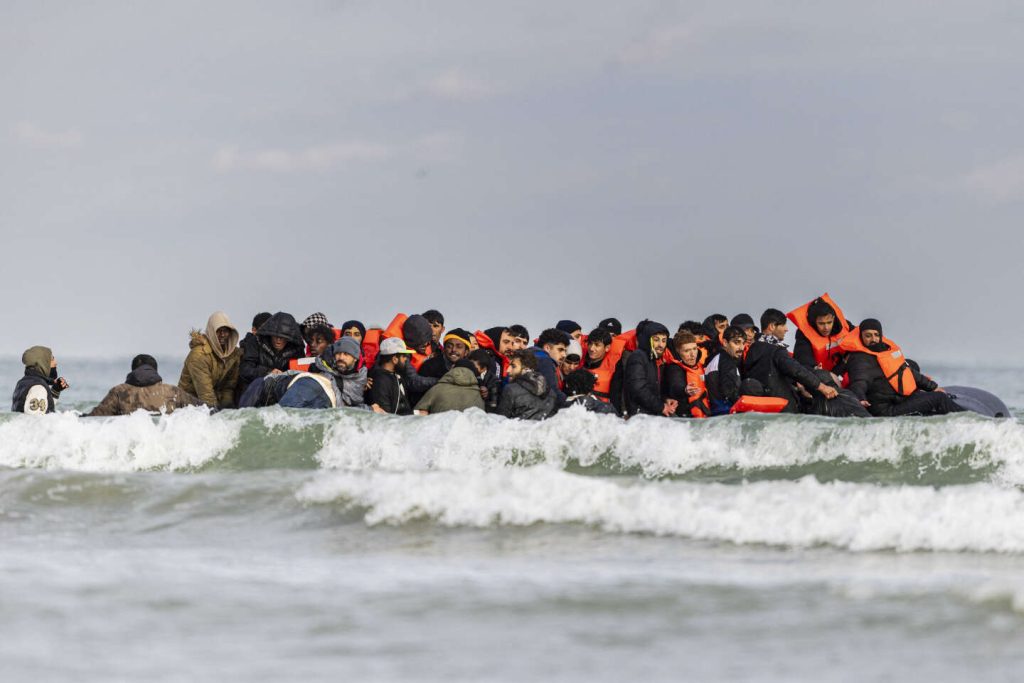French criminal organizations are primarily active in the drug trafficking sector, where they are considered to have an intermediate level compared to more established structures such as the Dutch Mocro Maffia or the Calabrian ‘Ndrangheta. However, according to a Europol report on the 821 most threatening criminal groups in Europe, foreign organizations have long targeted France in three specific areas, placing the country among the most affected states, along with Belgium, Germany, Italy, and Malta. One of these areas is human trafficking for sexual purposes, a concern highlighted in a report on “The state of organized crime in France” in 2023. The report noted a slight decrease in the number of victims in 2022 compared to the record high of 1,133 victims in 2021.
Another major concern for authorities is migrant trafficking, carried out by well-structured networks, with the most active ones mainly of Iraqi-Kurdish or Iranian origin. The high number of dismantlements by investigative services, with 325 in 2022 alone, indicates the extent of this issue. Additionally, a lesser-known phenomenon places France at the forefront of countries affected: organized burglaries and thefts conducted during multi-day campaigns. Particularly prevalent in eastern France, these “serial offenses” are often committed by itinerant teams, sometimes consisting of young women from the Serbian Roma community, targeting residential homes with a focus on easily accessible valuables rather than large-scale thefts.
In addition to residential burglaries, criminals are also targeting more specialized items that require specific skills, such as medical equipment (ultrasound machines, cryotherapy machines, milling machines) and high-end bicycles, which are increasingly popular targets. In one notable incident in October 2021, twenty-two bicycles belonging to the Italian national cycling team (as well as a Lavazza coffee machine) were stolen during the Track World Championships in Roubaix, with a total loss estimated between 400,000 and 700,000 euros. Two young Bosnian men were later arrested in Besançon, and a network of thieves was apprehended in Romania while trying to sell the stolen bikes for 1,500 euros each.
It is evident that criminal activities in France extend beyond drug trafficking and have evolved to include human trafficking, migrant smuggling, and organized burglaries and thefts. These crimes pose significant challenges to law enforcement and have a detrimental impact on the safety and security of the population. The involvement of foreign criminal organizations in these illicit activities underscores the interconnected nature of organized crime across Europe, emphasizing the need for enhanced cooperation and coordination among law enforcement agencies at the national and international levels to combat these threats effectively.
Effective countermeasures against organized crime in France require a comprehensive approach that addresses the root causes of criminal activities, such as poverty, inequality, and social exclusion. By addressing these underlying issues and implementing targeted interventions to disrupt criminal networks and dismantle illicit operations, authorities can reduce the prevalence of organized crime and enhance public safety. Additionally, raising awareness among the general population about the risks and consequences of engaging in criminal activities is crucial in preventing individuals from becoming involved in illicit behaviors and supporting the efforts of law enforcement agencies in combating organized crime effectively.


